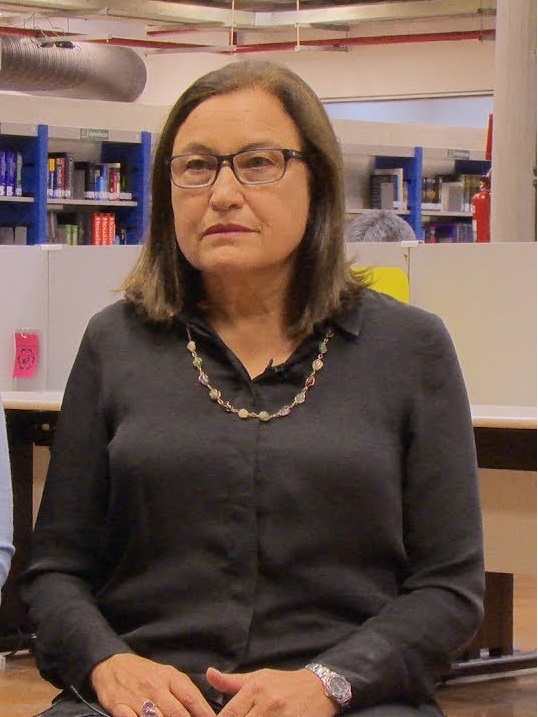BIOGRAPHIES AND THE LIMITS OF CENSORSHIP: METHODOLOGICAL FRONTIERS
Resumo
The aim of this paper is to deal with methodological problems that arose in a empirical research about memories of metallurgical workers who lived during the famous strike cycle of the late 1970s and early 1980s in the ABC Paulista region. These are not questions of a substantive nature that were under analysis about the lived experience, is about the limits of the publication of the research results instead. It follows that the context in which these biographical narratives were collected is surrounded by enormous narrative disputes over which story deserves to be recorded and, on the other hand, who is responsible for telling it. When private life history transcends the boundaries and meets the public confrontation with other narratives, what are the limits of censorship in present the research results? We discuss in this paper stories of working women who have been silenced for many years in a trade union environment marked by gender cleavage. The intention to break with this silence, which include mobilizing the research results as a support to this goal, collide with the fear of public disputes for legitimacy and prestige. Their frequent refusals in interview requests, the drama in order to reveal divergent aspects of the "official narrative" and, on the other hand, the research results as potencial coin to exchange in this story market have exposed the limits of the so-called "ethnographic authority." The Field research was conducted between 2016 and 2019 at the ABC Metalworkers' Union with women who witnessed the historical strikes at the late 70 as a member of this union.
Membros




